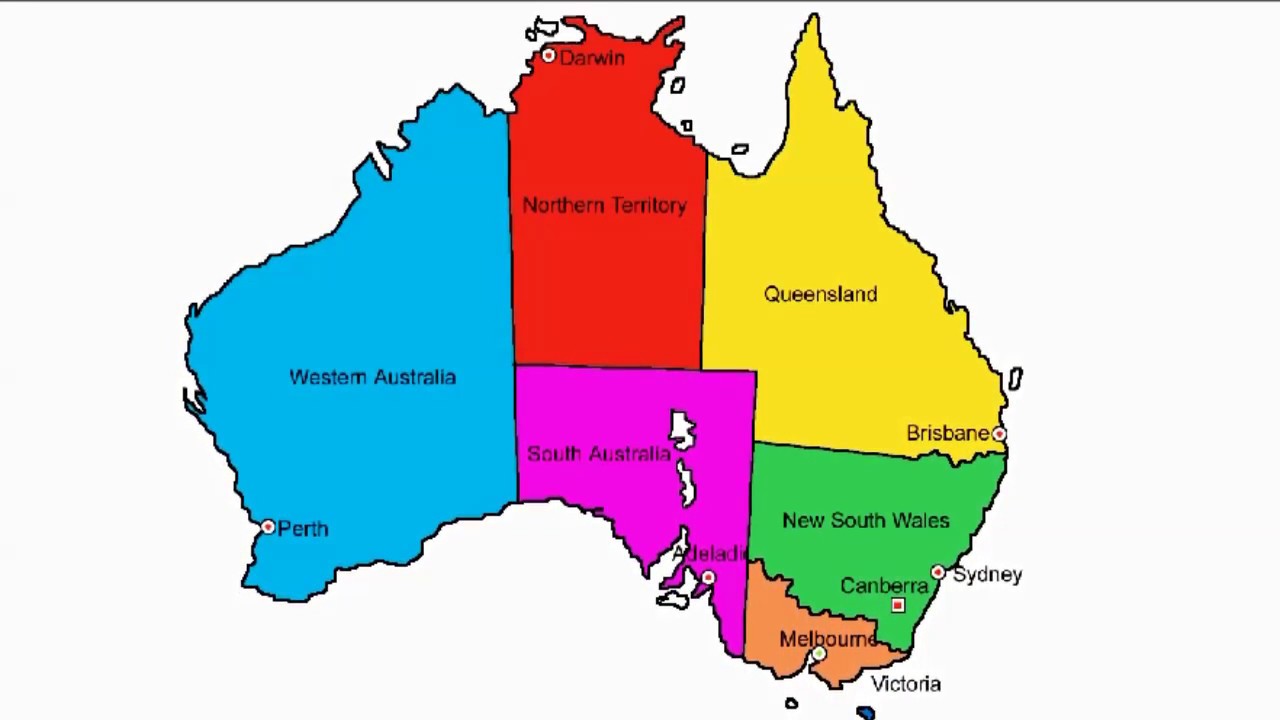Nuclear Weapons 337 - Australians Debating The Acquisition of Nuclear Weapons
The global nuclear club is a small one. There are nine countries that have nuclear weapons. Over one hundred and twenty other nations have recently endorsed an international treaty to ban all nuclear weapons. There is great concern that other nations such as Iran may be attempting to create nuclear weapon and the international community put great pressure on Iran to abandon any ambitions for a nuclear arsenal. It will be interesting to see how the world responds to the idea of the entry of another nation into the nuclear weapons club.
Several strategic and defense policy analysts in Australia have been engaging in a debate over whether or not Australia should acquire nuclear weapons. They are concerned about the Chinese nuclear capabilities, motives and intentions. An opinion piece was recently published in the Australian in which it was suggested that it would be wise for Australia to invest in technologies that would shorten the time required to produce nuclear weapons because of strategic uncertainty over Australian security. The existence of North Korean nuclear weapons and their belligerence has reduced Australian confidence in the protection afforded by the extended U.S. nuclear umbrella.
A prominent Australian analyst named Hugh White has called for a “recalibration” of Australia’s position with respect to the struggle between China and the U.S. for strategic control of Southeast Asia. Another analyst named Andrew Davis said that White was reluctant to go where the logic was leading. Davis believes that Australia needs nuclear weapons to insure its own safety. White denied that he was even implicitly advocating for an Australian nuclear weapons program.
White is uncertain about what role nuclear weapons should play in the geopolitics of Southeast Asia. He believes that Australia needs to make the “right” decisions about conventional military capabilities first. He is concerned about the tradeoffs that would have to be made between the questionable security benefits afforded by nuclear weapons and the risks associated with having nuclear weapons.
On the negative side, the colossal destructiveness of nuclear weapons puts them in their own category and basically makes them unusable. It is more likely that an accident will launch a nuclear weapon than a deliberate action. It is also unlikely that the fortunate lack of accidental detonation of nuclear weapons so far will continue indefinitely.
Australia would not want nuclear weapons because they were interested in attacking another country. They would only be acquired as a deterrent against use of nuclear weapons against them. But it would take enormous resources from the Australian budget to develop enough nuclear weapons and delivery systems to match the few hundred nuclear weapons of China.
It has been claimed that first use of nuclear weapons during World War II against Japan convinced the Japanese to surrender due to the threat of being attacked with nuclear bombs again. On the other hand, many analysts say that it was actually the fear that the Russians would enter the war in the Pacific that convinced the Japanese to surrender, not potential nuclear attack.
The use of the threat of nuclear weapons to intimidate non-nuclear nations has not been successful so far. The stigma associated with the use of nuclear weapons is so strong that nuclear armed nations have accepted defeat at the hands of non-nuclear nations in the past. Any confrontation between nuclear armed nations could easily escalate into an all out nuclear war which could end human civilization.
If Australia decided to develop nuclear weapons that could well lead to the end of the Nuclear Non-Proliferation Treaty and expansion of the nuclear weapons club which would increase the odds of the use of nuclear weapons. This possibility is far more important to consider than the dubious “security” of having nuclear weapons. Strong advocacy and involvement in global nuclear weapons ban treaties would serve Australian security much better than developing their own nuclear weapons.
